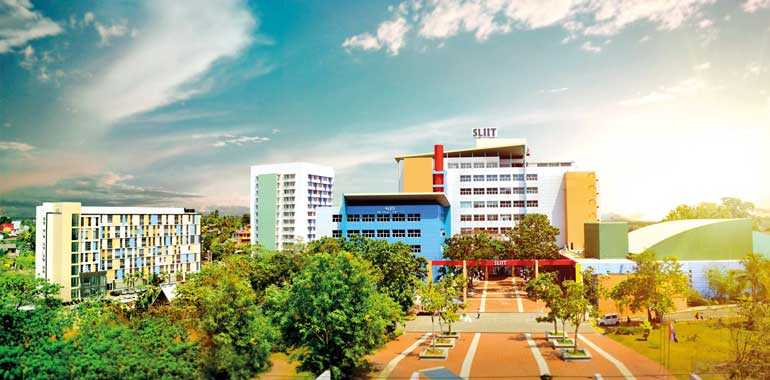Wednesday Feb 18, 2026
Wednesday Feb 18, 2026
Monday, 24 December 2018 00:29 - - {{hitsCtrl.values.hits}}


SLIIT Institute
SLIIT, the nation’s largest degree awarding institute also recognised for excellence in research has funded a research grant to develop a groundbreaking Autism Assessment Tool.
While an autism diagnosis covers a spectrum of children with a wide range of skills and impairments, the diversity of Autism Spectrum Disorder (ASD) make it difficult to correctly diagnose and treat children.
Additionally, Sri Lanka is also faced with the lack of autism screening tools among psychiatrists and paediatricians that could assist the identification process.
An initial study conducted has also ascertained that in a tertiary children hospital, 34% of the doctors were unaware of the main symptoms as speech delay and a further 39% failed to recognise co-occurring diseases associated with ASD.
Understanding the dire need of devising an appropriate, culturally sensitive and standardised diagnostic tools that would assess a child in the Sri Lankan context, Dr. Pradeepa Samarasinghe, from the Department of Information Technology, SLIIT working in collaboration with Dr. Sudarshi Seneviratne, Medical Faculty, University of Colombo and Dr. Pratheepan Yogarajah, Ulster University, UK through a grant funded by SLIIT, the team is in the process of developing a Culturally Sensitive Autism Assessment Tool (CSAAT).The research findings to-date were discussed by Dr. Samarasinghe during a ‘Workshop on Early Diagnosis and Intervention of Autism’ held at the Lady Ridgeway Hospital recently.
“As the first step towards this, a combined approach, i.e. supervised learning along with the diagnostic criteria was implemented to reduce the burden of the shortage of mental health specialists in Sri Lanka and to enable the early detection of ASD,” noted Dr. Samarasinghe.
Additionally, according to the research, the assessment of ASD is achieved through a predictive model based on the Pictorial Autism Assessment Schedule (PAAS) overcoming the limitation of an arbitrary cut-off in PAAS thus achieving higher accuracy and efficiency.
Advancing their study further, the team has developed a mechanism to analyse the speech patterns of autistic children. Through ongoing research they hope to identify the types and levels of speech deficiencies within the ASD community thus ensuring efficient and effective early diagnosis of ASD in the near future.